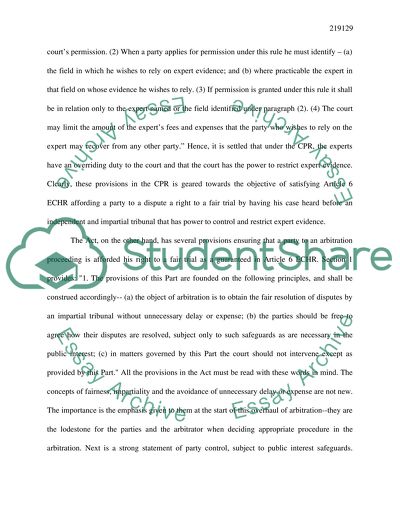Cite this document
(“European Convention on Human Rights Case Study Example | Topics and Well Written Essays - 1750 words”, n.d.)
European Convention on Human Rights Case Study Example | Topics and Well Written Essays - 1750 words. Retrieved from https://studentshare.org/law/1533075-european-law-essay
European Convention on Human Rights Case Study Example | Topics and Well Written Essays - 1750 words. Retrieved from https://studentshare.org/law/1533075-european-law-essay
(European Convention on Human Rights Case Study Example | Topics and Well Written Essays - 1750 Words)
European Convention on Human Rights Case Study Example | Topics and Well Written Essays - 1750 Words. https://studentshare.org/law/1533075-european-law-essay.
European Convention on Human Rights Case Study Example | Topics and Well Written Essays - 1750 Words. https://studentshare.org/law/1533075-european-law-essay.
“European Convention on Human Rights Case Study Example | Topics and Well Written Essays - 1750 Words”, n.d. https://studentshare.org/law/1533075-european-law-essay.


